
Letters from the 3rd Grade Farm Trip
The developmental phase that third graders experience is called the “nine year change” and practical activities such as planting, harvesting, and animal care provide purposeful work that help the third grader feel part of the world around them. This is all thoughtfully woven into the 3rd Grade Waldorf curriculum, and culminates with a highly anticipated right of passage: the Third Grade Farm Trip. Here at Richmond Waldorf School, our students travel to a working biodynamic farm in the Hudson Valley of New York for a week long immersive experience. Their teacher, Ms. Dawn Pollard, sent these lovely and inspiring letters to those of […]

Excelling in a New Field is Nothing New for Alum Stephanie Gernentz
RWS is incredibly proud that our former student, Stephanie Gernentz, RWS Class of 2014, is featured in the Spring 2023 edition of School Renewal, a journal for Waldorf education.
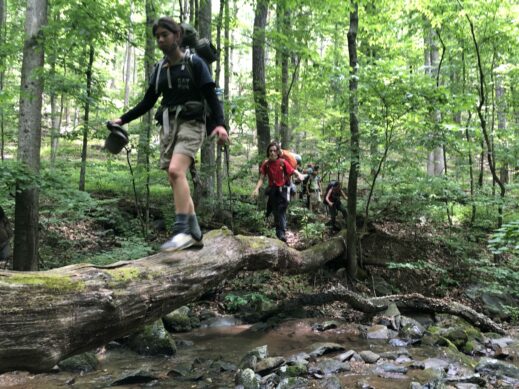
Waldorf Education & the Adaptability Quotient: Educating for an Uncertain Future
With increasingly rapid changes in the nature of work, employers are interested not just in intelligence and social skills, but in an employee’s adaptability quotient–their ability to adjust to new challenges with flexibility, curiosity, courage, resilience, and problem-solving skills. In Waldorf education, we deepen rigorous academics by integrating art, outdoor education, music, theater, practical work, movement and hands-on learning. The depth and breadth of the Waldorf curriculum challenges students and develops crucial capacities that will help them adapt and thrive throughout their lives. The premise of a Waldorf education is to provide a learning environment that promotes independent […]
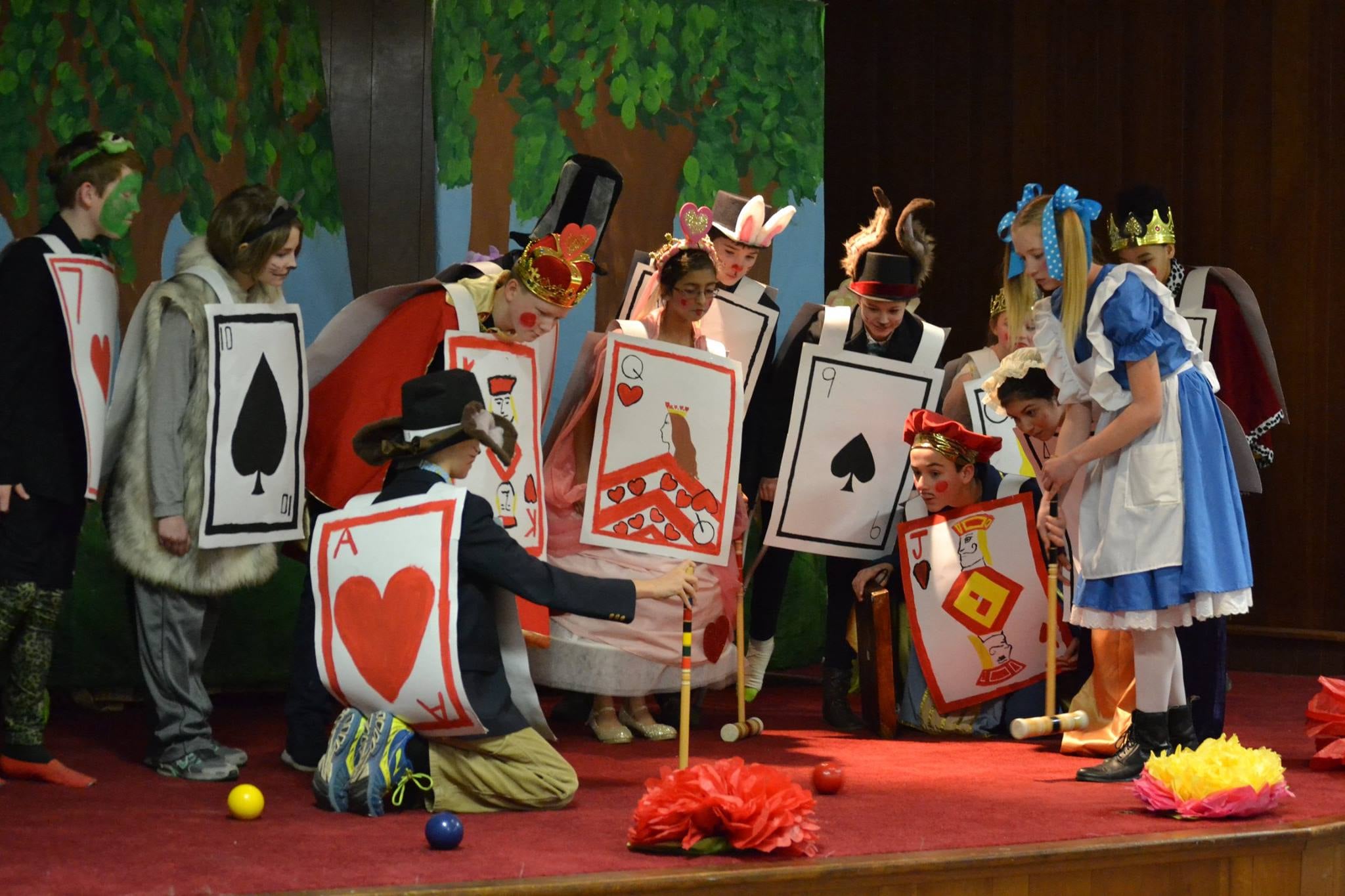
Theater Develops Creativity, Empathy, and Confidence
The performing arts help children develop a range of beneficial life skills, such as quick thinking, problem solving, and building self confidence. Theater strengthens empathy by asking a child to embody what their character is feeling and experiencing, and putting on a play also requires students to work as a team. In Waldorf education, students are involved in class plays and musical performances every year. We see the wide-ranging positive impact on our students and the powerful boost to their self confidence that the performing arts provide. In Waldorf schools, each grade does a play every year, and […]
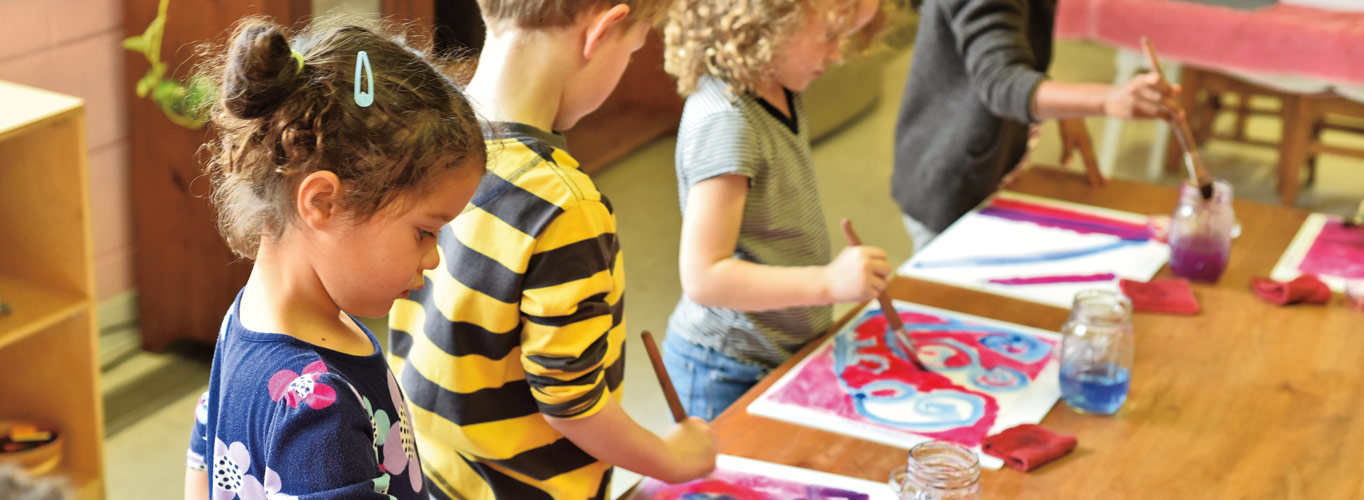
Art Improves Academic Performance in Children
Research shows that students who engage in the arts at school perform better in math, reading, and writing, and have an enhanced social and emotional experience. Waldorf education integrates an array of arts into the curriculum to support academic growth, develop communication and collaboration skills, and give children a well-rounded, joyful educational journey. In Waldorf education, art is a part of every child’s day, from preschool through 8th grade. We incorporate art into each academic subject in addition to practicing and creating art for its own sake. Each day students are not only creating their own art, but they […]
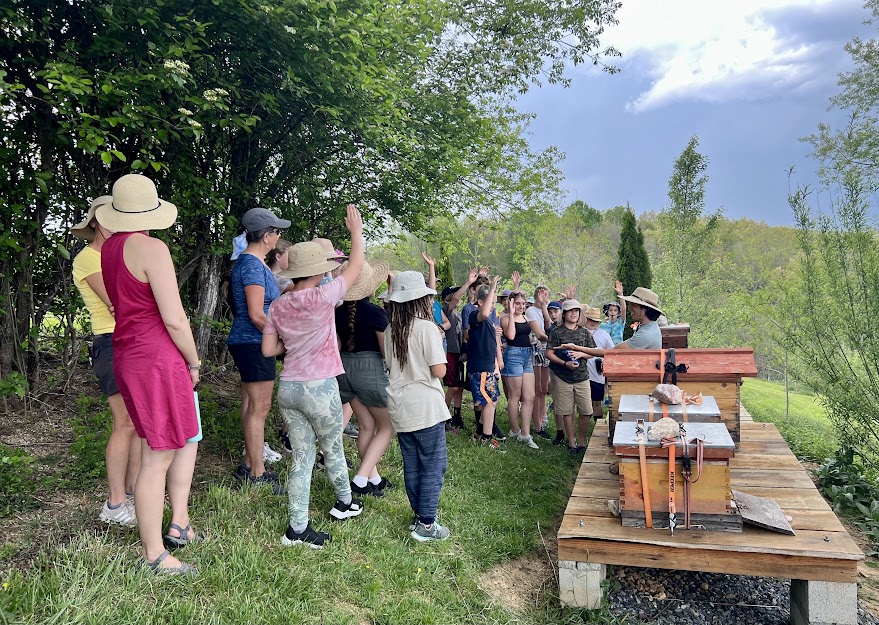
Better Field Trips = Better Academics
New research shows that field trips aren’t just fun and disruptive “extras”; these trips have strong academic and behavioral benefits. A recent study showed that students who went on multiple field trips performed better academically and were less likely to miss school or have behavioral issues than their peers. Waldorf schools value engaging students with the world through hands-on experiences, and have specific cultural, community service and outdoor education trips built into our curriculum to further enrich and enliven our students’ education. When students can explore new environments, apply knowledge or skills they have gained, and have the space […]
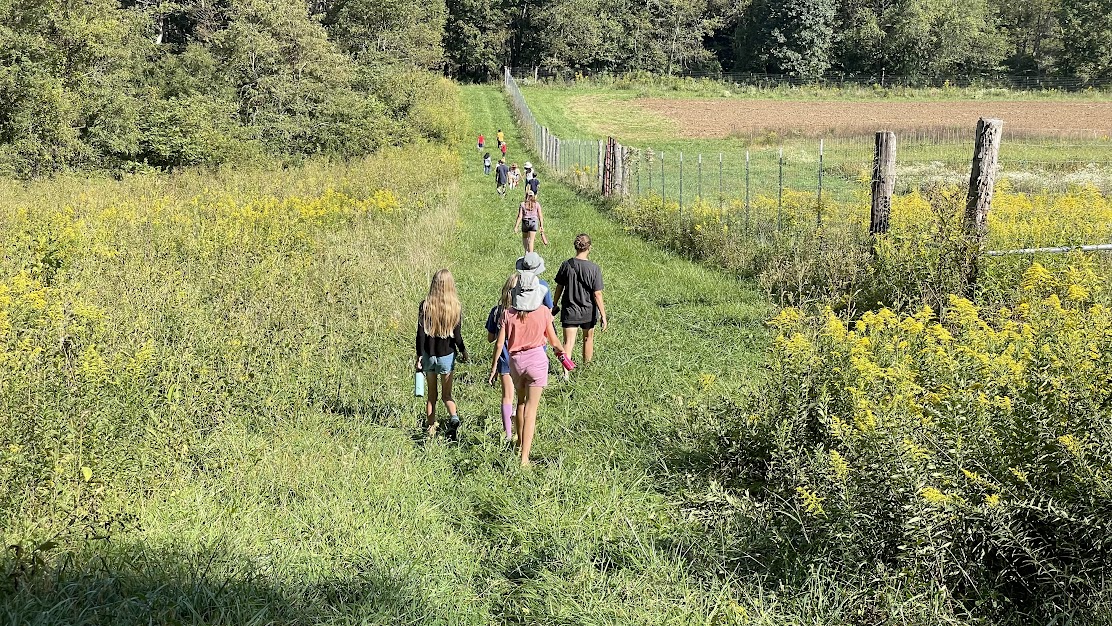
Time in Nature can Spark a Lifetime of Science Curiosity
Being outdoors helps children develop the curiosity that is the essence of science later in life. Time in nature helps students cultivate their independence, imagination and sense of wonder, while helping them feel less stressed and more confident in themselves. That’s one reason why outdoor education and play are core components of Waldorf education. At Richmond Waldorf School, outdoor time is a priority for every enrolled student, from age 3 through 8th grade. We understand that to develop free-thinking, balanced, and curious human beings, educators should value the robust learning opportunities that occur when children are allowed to be […]
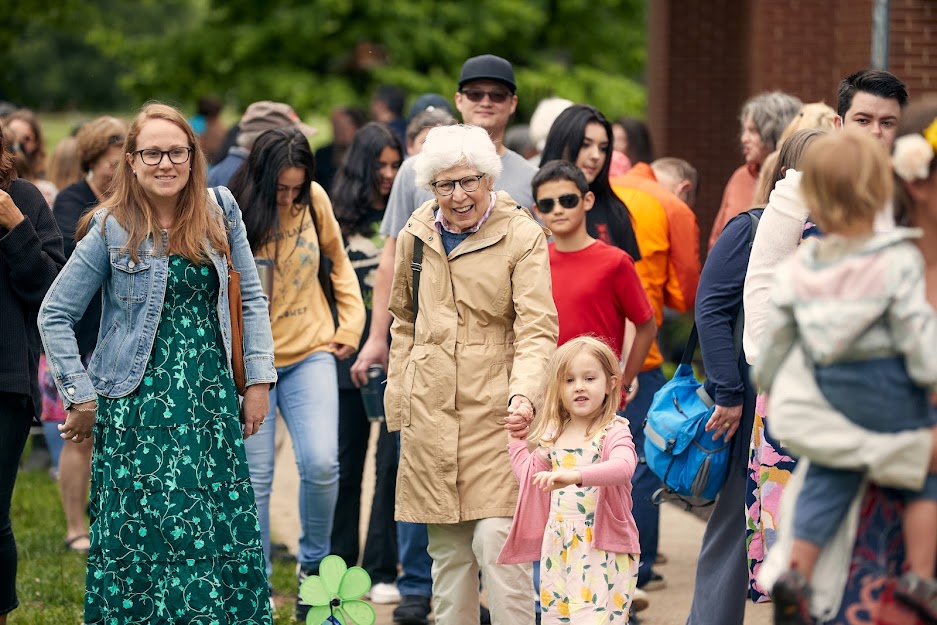
Waldorf Education: A Supportive Community for the Whole Family
Raising children who will become happy, healthy, thriving adults is one of the most challenging and important roles anyone can have. In Waldorf education, our schools are designed to engage not only the student but their families as well. We believe in meaningful relationships, where our trained teachers work with families over multiple years to understand how to best support each child. Our in-depth narrative grading system, our ongoing adult education and volunteer opportunities, and our rich cultural and festival life all serve to create a welcoming community where families feel supported and engaged. Events like our annual May […]
